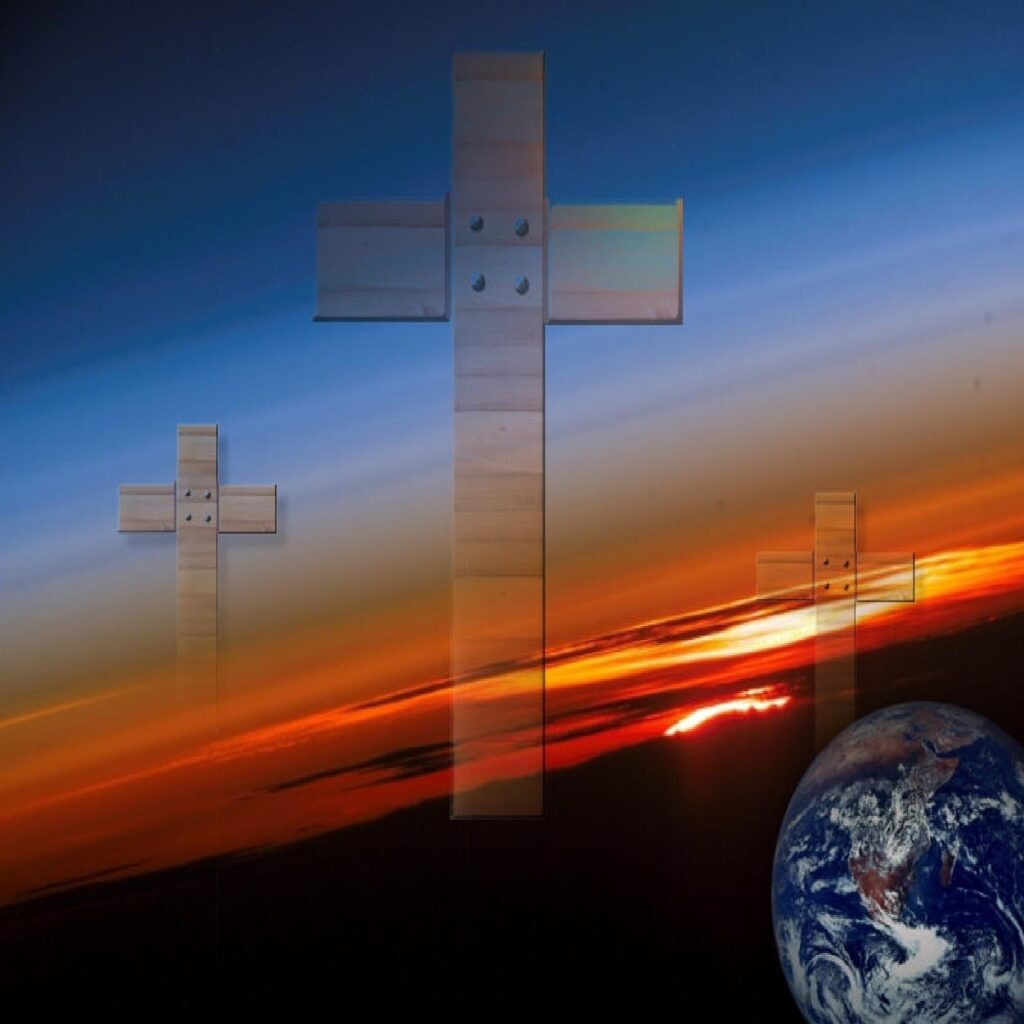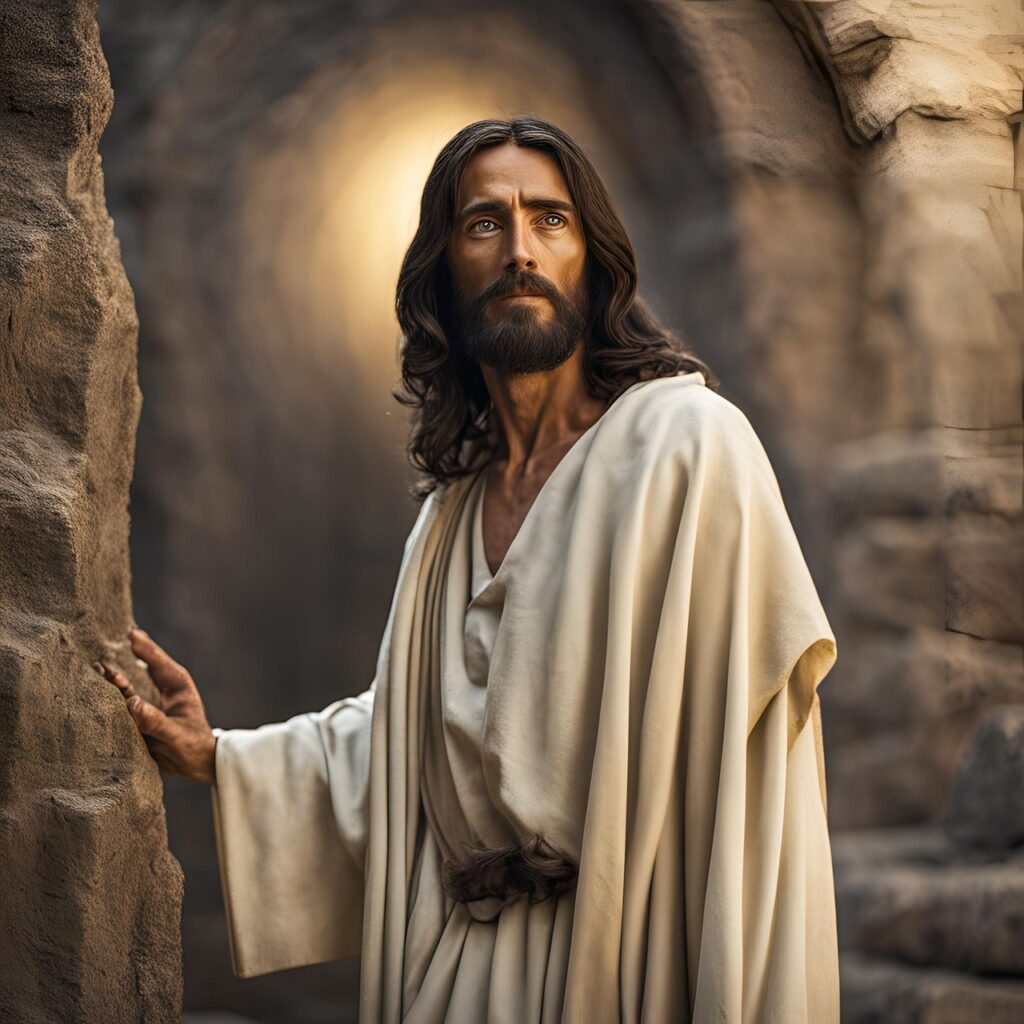Reflection by Bishop Enrique Díaz: I will always trust in the Lord
Second Sunday of Lent

Mons. Enrique Díaz Díaz shares with Exaudi readers his reflection on the Gospel of this Sunday, February 25, 2024, titled: “I will always trust in the Lord”
***
Genesis 22, 1-2, 9-13, 15-18: “The sacrifice of our patriarch Abraham”
Psalm 115: “I will always trust in the Lord”
Romans 8, 31-34: “God gave us his own Son”
Saint Mark 9, 2-10: “This is my beloved Son”
In our lives, there are moments of darkness that confuse us and hinder our ideals. They seem like moments of deep night that prevent our path. This is what happens to Abraham when he hears the command of the Lord, asking for the life of his son as a sacrifice. It is also night and darkness for many people who feel accused and condemned with Paul. It is night for the bewildered disciples as they listen to his teacher speak of the way of the cross. We would like to soon leave the darkness and clothe ourselves in light. It is not so easy, it is required to go through the darkness to listen like Abraham who does not extend his hand on his son, or like Paul who clings to the security that “If God is with us, who will be against us?” The disciples will also walk the path of the Lord in insecurity in order to contemplate him as a saving light.
Placed at the center of the Gospel of Saint Mark, the Transfiguration of Jesus is presented as one of the most important scenes of the New Testament. It is like looking at the goal towards which the steps are directed so as not to spare the difficulties along the way. Saint Mark helps us discover, through the disciples’ own discovery, the identity of Jesus and at the same time the meaning of our own path. On this path of discovery, we cannot miss the great key of interpretation to understand the mystery of Jesus: his passion and resurrection. After the crises and doubts that can assail the disciples when contemplating a Messiah not triumphant, but delivered, it is God himself who speaks to confirm Jesus on the path he has chosen. It is like a new revelation similar to that of Baptism, but now also addressed to the disciples. But it is not enough to know and know that Jesus is the Messiah, contemplating him becomes a rule of life: “That is my beloved Son; listen to it.”
The path of the Transfiguration explains to us the path of Lent: it is the time of recollection and silence, of pain and strengthening, but not to remain hidden and overprotected, disdaining the daily commitment that leads us to transform reality. There is time to discover the Lord and to be nourished by his teachings, but not to irresponsibly isolate them from a world that demands our participation and our commitment. The Christian has to open up and break the protections to go out to face a world of injustice and meaninglessness, where he fights in the midst of darkness, but searching, longing, for meaning and guidance for his efforts. The disciple has the commitment to break his cocoon and not live in cotton wool, to interfere in daily life to transform it, to taste the bitter taste of incomprehension, but never to lose the meaning of his activity. We must take risks to see the light, but not fly pointlessly, blindly, but remember what gives direction to our lives: the death and resurrection of Jesus. This is how we will face daily activities and give them their fair value.
Any of us can find ourselves plunged into an abyss of doubts and discouragement when contemplating our personal project, the life of the Church or the development of society. These are times of lack, of ideals, of tensions and wars, of injustices and corruption, which can lead us to disappointment and dejection. We have made a mistake in expecting easy and immediate results without keeping in mind the wisdom and patience of the contradictions of the cross. And today the Lord Jesus also calls us to contemplate him and be filled with hope, not in easy triumph, not in victorious conquest, but in his own path and teaching. You have to give everything to achieve his victory.
In the middle of two announcements of the passion, Saint Mark presents us with the Transfiguration, as if to ensure that the cross is the path to glorification. It was difficult for Peter to accept the cross, but he did not have any difficulty accepting the Transfiguration to the point of saying: “How comfortable we are here!” On the one hand, there was no suffering, but on the other there was the security that comes from having Moses and Elijah on his side, the law and the prophets. The voice from heaven gives all the meaning to this episode: “This is my beloved Son, listen to him.” There will no longer be security, neither in the law nor in the prophets, nor in the temple nor in the sacrifice. The requirement is to listen to Jesus and keep his word. Thus, the Transfiguration becomes the security of the true disciple: he surrenders himself to Jesus and does not avoid all the pain that comes with hearing the word because he has foreseen the glory. More than an isolated episode in the life of Jesus, it is a real symbol of all the change and transformation of the Jewish religion and the concept of the Messiah that prevailed in the time of Jesus. Now we too run the risk of becoming like Peter, who shelters us with the law and our customs and does not risk really listening to what Jesus wants. May we also be willing to carry the cross and walk the same path as we contemplate his luminous face.
Do we let ourselves be carried away by our securities, and do we not risk following Jesus on his path? How do we hear His Word and make it come alive in our lives? What are our fears that prevent us from leaving ourselves and going in search of others in the style of Jesus? What does contemplating Jesus Transfigured commit us to?
Good Father, who commanded us to listen to your beloved Son, feed our faith with your word and purify the eyes of our spirit, so that we can rejoice in the contemplation of your glory and commit ourselves to the transformation of our world. Amen.
Related

Reflection by Bishop Enrique Díaz: The Lord’s mercy is eternal. Alleluia
Enrique Díaz
27 April, 2025
5 min

After Eight Days Jesus Arrived: Commentary by Fr. Jorge Miró
Jorge Miró
26 April, 2025
3 min

The Perspectivas del Trabajo Foundation is founded with the aim of promoting virtues for professional development
Exaudi Staff
25 April, 2025
2 min

Reflection by Bishop Enrique Díaz: Alleluia, alleluia
Enrique Díaz
20 April, 2025
5 min
 (EN)
(EN)
 (ES)
(ES)
 (IT)
(IT)

